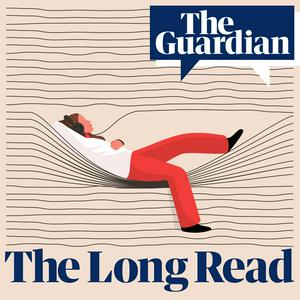Sin publicidad. Más Prime.
Sin publicidad. Más Prime.
Sin publicidad. Más Prime.
Sin publicidad. Más Prime.
El podcast comienza en
- 0 sec.
From the archive: ‘Who remembers proper binmen?’ The nostalgia memes that help explain Britain today



The Audio Long Read